Here you go – 5 unhealthy foods that need to kick the curb and be eliminated from your daily diet, RIGHT NOW –
Swap with: Plain soda Still keeping the carbonated fizz and the zero calorie lure alive, a can of plain soda deletes the negatives of caffeine and aspartame. You tives of caffeine and aspartam could add a bit of flavour to i by squeezing lime or adding some chopped fruits like berries, oranges, melons, mint or celery leaves.
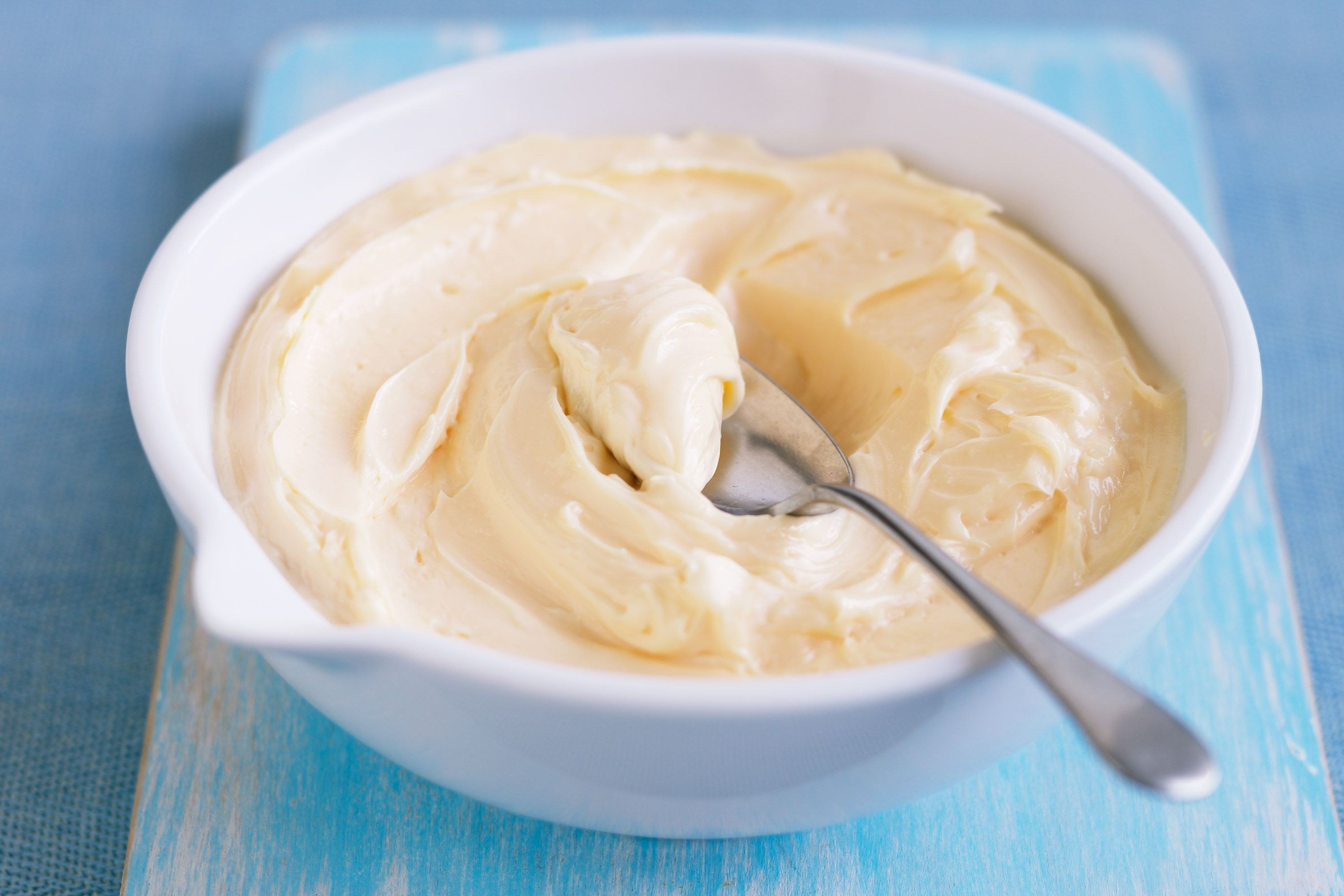 2. MAYONNAISE If you are happily throwing in mayonnaise into your salads and sandwiches thinking it brings in taste and variety, you may as well be clogging your arteries with sticky lard.
2. MAYONNAISE If you are happily throwing in mayonnaise into your salads and sandwiches thinking it brings in taste and variety, you may as well be clogging your arteries with sticky lard.
Swap with: Hung curd Take some fresh homemade yogurt or the tetra pack slim curd and drain out the excess water through a muslin cloth. Now, flavour this as per taste to make spreads you can add ground or fresh basil and sun dried tomatoes, garlic and onion, roasted peppers and olive, coriander and mint or any of your favorite combo.
 3. FLAVOURED YOGURT Something that is actually very healthy can be easily turned into an absolutely unhealthy food item simply by adding loads of sugar, cream and artificial flavours. Yes, I am talking about yogurt. Why turn this healthy probiotic snack (which it is originally famous for) into a dessert item? If you are using flavoured yogurt as an alternative to ice-creams and pastries, it is definitely a wiser option but if it’s stocked in the fridge as a healthy, low calorie, portable snack, get rid of it rightaway.
3. FLAVOURED YOGURT Something that is actually very healthy can be easily turned into an absolutely unhealthy food item simply by adding loads of sugar, cream and artificial flavours. Yes, I am talking about yogurt. Why turn this healthy probiotic snack (which it is originally famous for) into a dessert item? If you are using flavoured yogurt as an alternative to ice-creams and pastries, it is definitely a wiser option but if it’s stocked in the fridge as a healthy, low calorie, portable snack, get rid of it rightaway.
Swap with: Plain yogurt Flavour it yourself with some chopped fresh fruits like berries, grapes, peach, cherries or any fruit you like. You can even stir it well (it turns creamy) and freeze for a while to get store-like frozen yogurt, but with higher nutrition quotient!
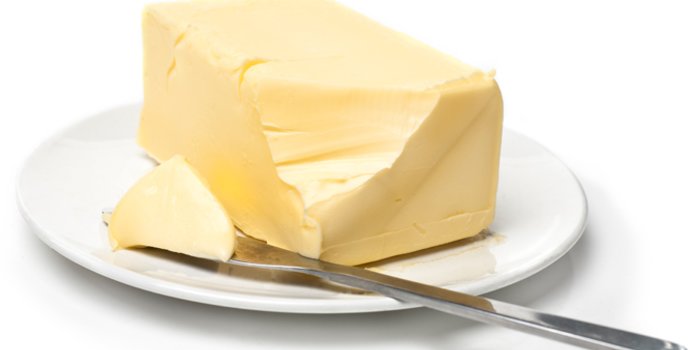 4. MARGARINE Marketed as a healthier option to butter, margarine is anything but that. It is loaded with partially hydrogenated fat which increases the LDL (bad) cholesterol and thus increases the risk of heart diseases and inflammation, a known trigger to premature aging.
4. MARGARINE Marketed as a healthier option to butter, margarine is anything but that. It is loaded with partially hydrogenated fat which increases the LDL (bad) cholesterol and thus increases the risk of heart diseases and inflammation, a known trigger to premature aging.
Swap with: Fresh mint-coriander mint-coriand chutney Packed with antioxidants like vitamin C, E and low in calories to al calories to almost negligible, this spread will add more taste and health to any sandwich as compared to margarine. To add more proteins to this spread, you can add to it some chana or nuts like peanuts or pine nuts. or nuts like peanuts or pine nuts.
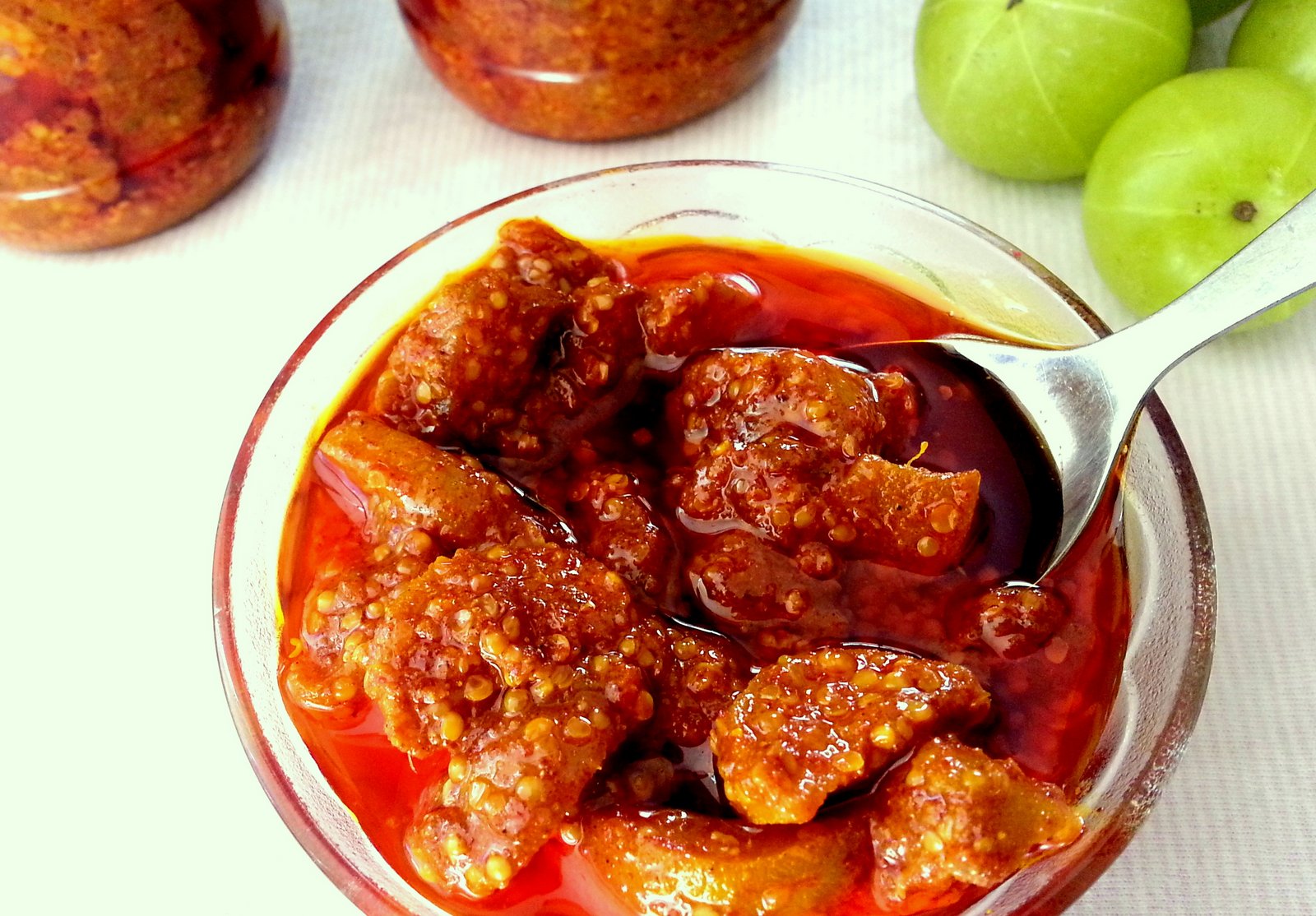 5. PICKLES They add a dash of spice and flavour to your daily meals, thus helping break monotony of everyday cooking styles. But remember, that along with its ichness in taste, pickles are a high source of oil and sodium. The additional oil (since cooked meals have already exhausted your daily oil quota) plays havoc with our lipid profile and ts a load on the heart, and the puts a load on the heart, and the excess sodium (since our meals already take care of our daily salt requirements) spoils the electrolyte balance and thus affects blood pressure.
5. PICKLES They add a dash of spice and flavour to your daily meals, thus helping break monotony of everyday cooking styles. But remember, that along with its ichness in taste, pickles are a high source of oil and sodium. The additional oil (since cooked meals have already exhausted your daily oil quota) plays havoc with our lipid profile and ts a load on the heart, and the puts a load on the heart, and the excess sodium (since our meals already take care of our daily salt requirements) spoils the electrolyte balance and thus affects blood pressure.
Swap with: Fresh, homemade oil-free pickles Vegetables such as cucumber, carrots, cauliflower, chillies and onions can be made into water, vinegar or brine based `pickles’. These pickles do not last for months together (since they lack the oil as a preservative) and thus should be consumed soon. They can be refrigerated for longer shelf life, but it’s advisable to make smaller quantities and finish them faster. Do note that brine is high in sodium, so do not consume it daily.
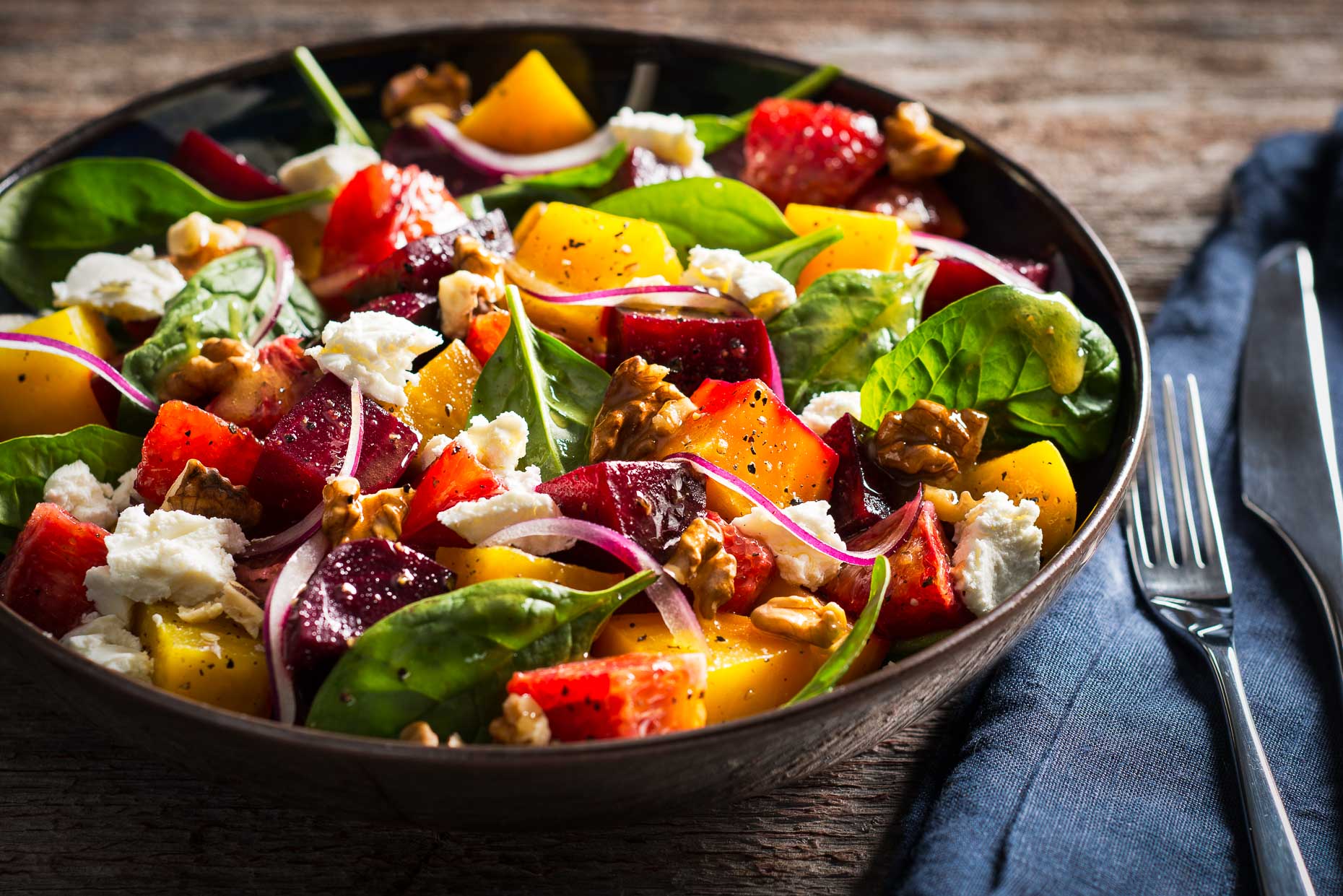
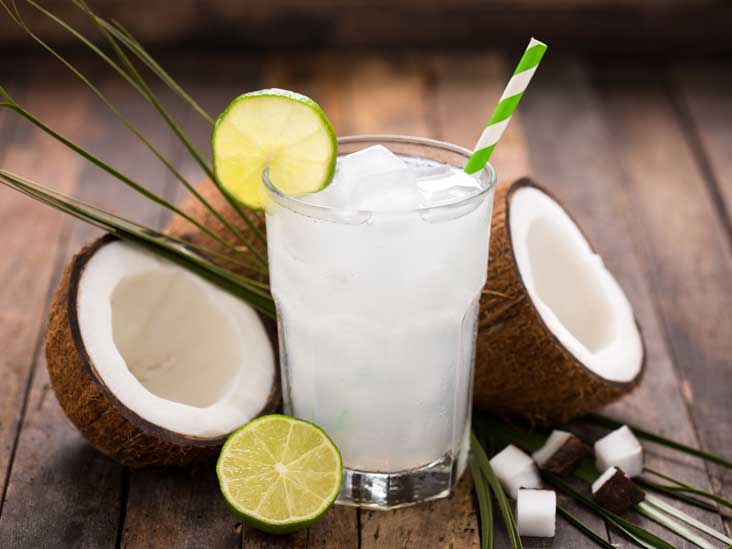
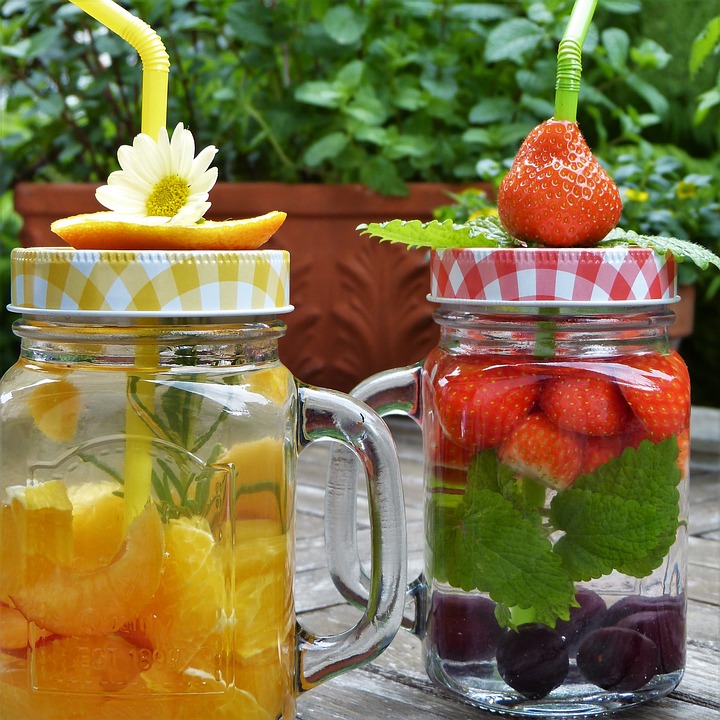
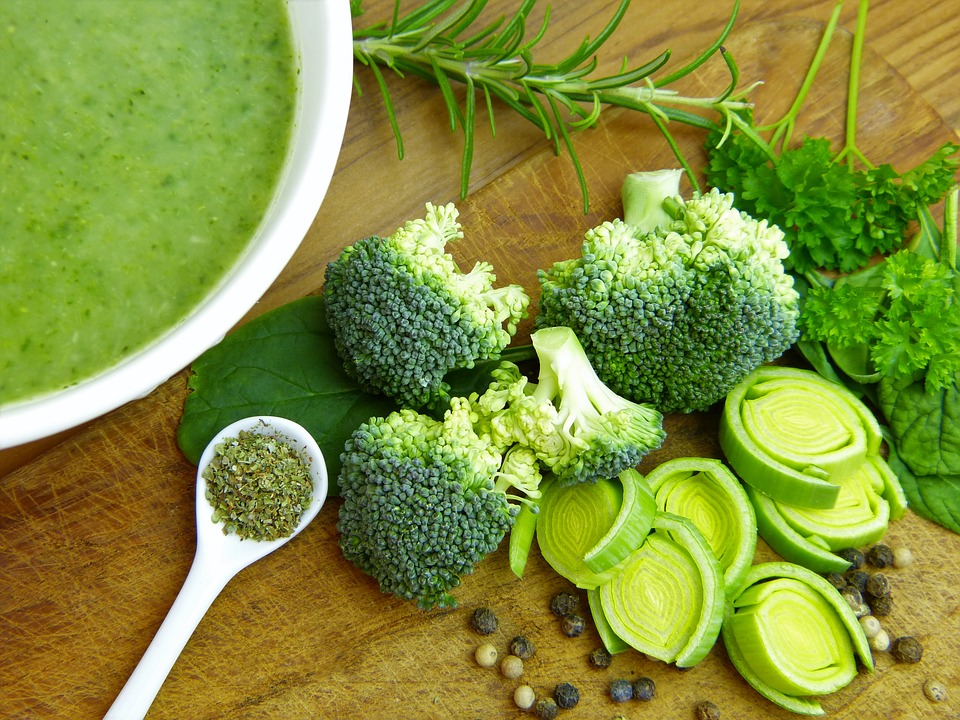 Give a nod to sautéed greens this season. These are light, can be made very appetising and always bring nice gifts with them like reduced cholesterol, cancer-fighting abilities, antiaging benefits, powerful vitamins and energy.
Give a nod to sautéed greens this season. These are light, can be made very appetising and always bring nice gifts with them like reduced cholesterol, cancer-fighting abilities, antiaging benefits, powerful vitamins and energy.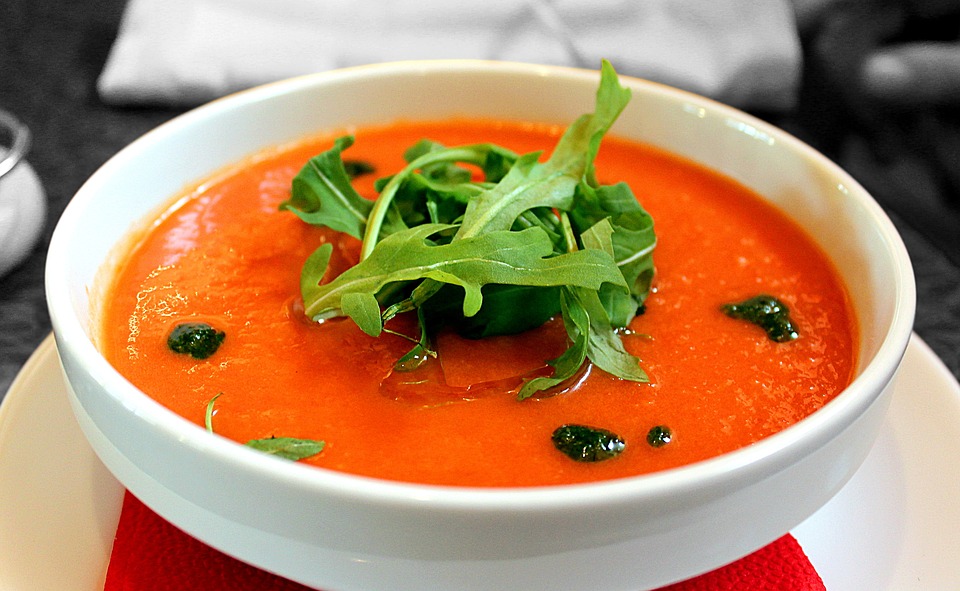
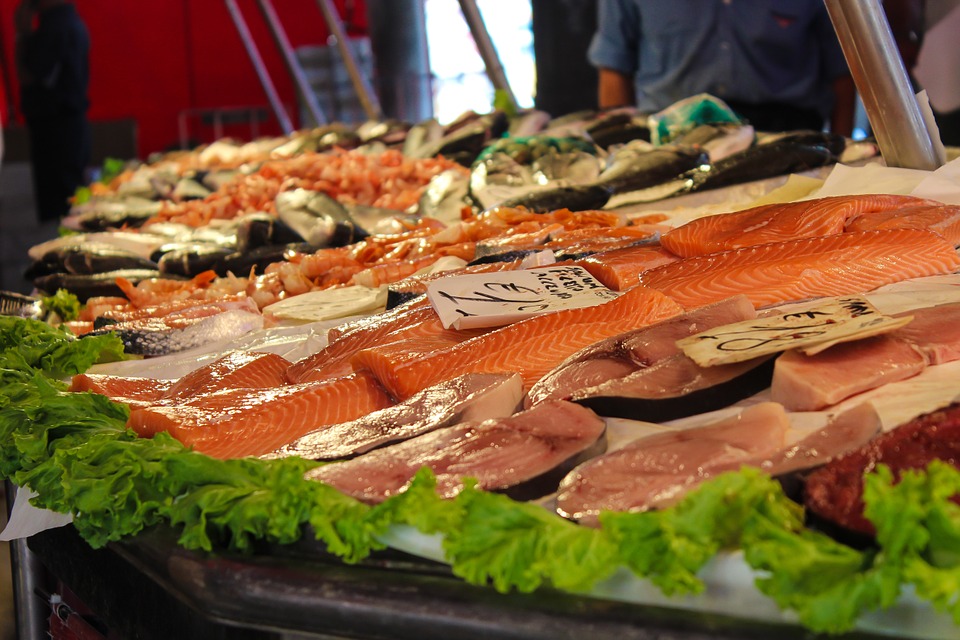 Proteins are harder to digest in general and coupled with heat and dehydration, they leave you feeling uncomfortable and nauseous. The recommended daily intake of protein is one gram per kilo of ideal body weight (the appropriate weight for your height). So, no matter what you currently weigh, if your ideal body weight is supposed to be 57-58 kg, your protein in take should not exceed 57-58 gm.
Proteins are harder to digest in general and coupled with heat and dehydration, they leave you feeling uncomfortable and nauseous. The recommended daily intake of protein is one gram per kilo of ideal body weight (the appropriate weight for your height). So, no matter what you currently weigh, if your ideal body weight is supposed to be 57-58 kg, your protein in take should not exceed 57-58 gm.
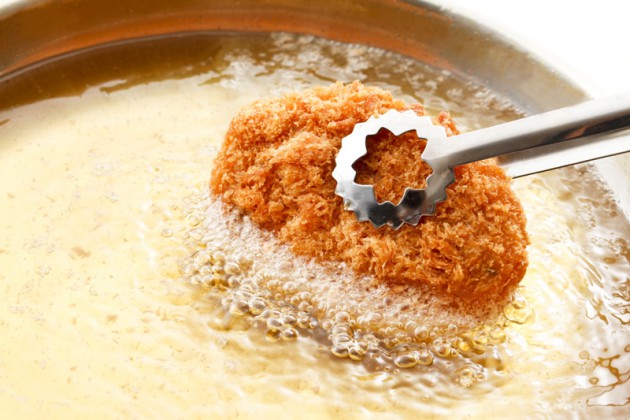

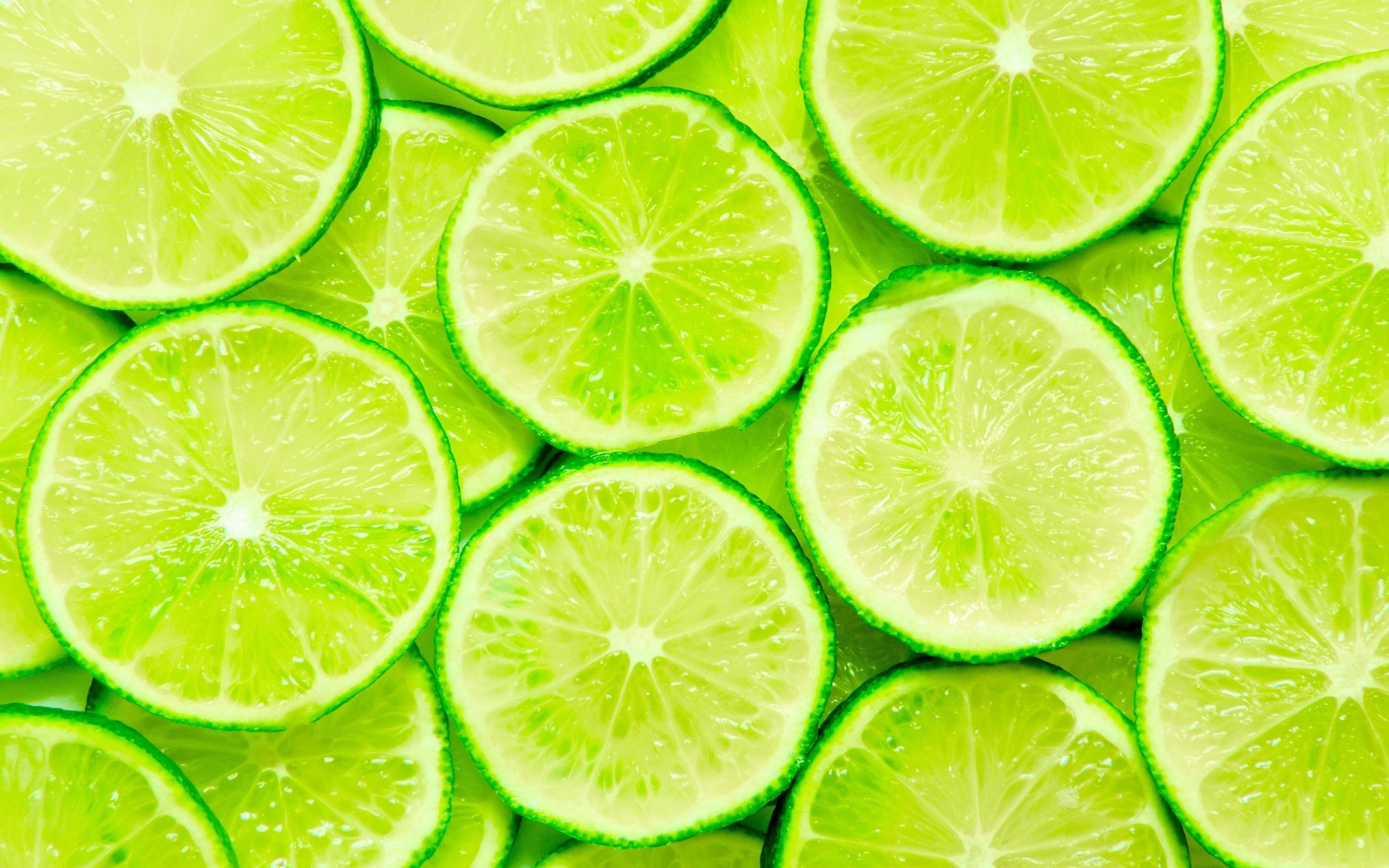
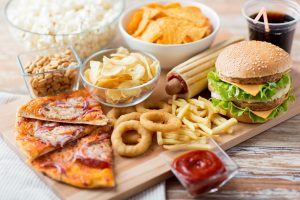
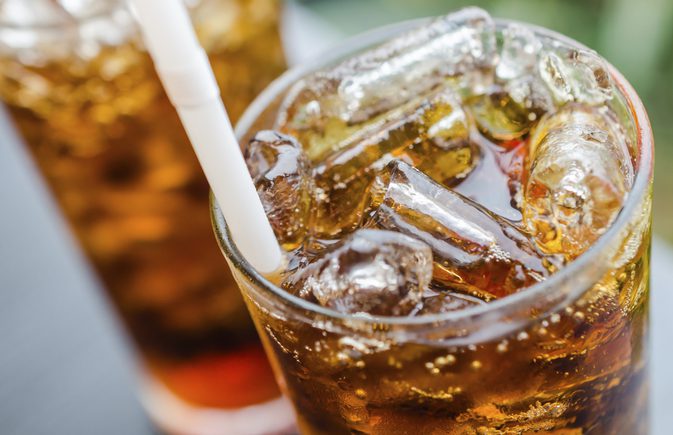
 2. MAYONNAISE If you are happily throwing in mayonnaise into your salads and sandwiches thinking it brings in taste and variety, you may as well be clogging your arteries with sticky lard.
2. MAYONNAISE If you are happily throwing in mayonnaise into your salads and sandwiches thinking it brings in taste and variety, you may as well be clogging your arteries with sticky lard. 3. FLAVOURED YOGURT Something that is actually very healthy can be easily turned into an absolutely unhealthy food item simply by adding loads of sugar, cream and artificial flavours. Yes, I am talking about yogurt. Why turn this healthy probiotic snack (which it is originally famous for) into a dessert item? If you are using flavoured yogurt as an alternative to ice-creams and pastries, it is definitely a wiser option but if it’s stocked in the fridge as a healthy, low calorie, portable snack, get rid of it rightaway.
3. FLAVOURED YOGURT Something that is actually very healthy can be easily turned into an absolutely unhealthy food item simply by adding loads of sugar, cream and artificial flavours. Yes, I am talking about yogurt. Why turn this healthy probiotic snack (which it is originally famous for) into a dessert item? If you are using flavoured yogurt as an alternative to ice-creams and pastries, it is definitely a wiser option but if it’s stocked in the fridge as a healthy, low calorie, portable snack, get rid of it rightaway. 4. MARGARINE Marketed as a healthier option to butter, margarine is anything but that. It is loaded with partially hydrogenated fat which increases the LDL (bad) cholesterol and thus increases the risk of heart diseases and inflammation, a known trigger to premature aging.
4. MARGARINE Marketed as a healthier option to butter, margarine is anything but that. It is loaded with partially hydrogenated fat which increases the LDL (bad) cholesterol and thus increases the risk of heart diseases and inflammation, a known trigger to premature aging. 5. PICKLES They add a dash of spice and flavour to your daily meals, thus helping break monotony of everyday cooking styles. But remember, that along with its ichness in taste, pickles are a high source of oil and sodium. The additional oil (since cooked meals have already exhausted your daily oil quota) plays havoc with our lipid profile and ts a load on the heart, and the puts a load on the heart, and the excess sodium (since our meals already take care of our daily salt requirements) spoils the electrolyte balance and thus affects blood pressure.
5. PICKLES They add a dash of spice and flavour to your daily meals, thus helping break monotony of everyday cooking styles. But remember, that along with its ichness in taste, pickles are a high source of oil and sodium. The additional oil (since cooked meals have already exhausted your daily oil quota) plays havoc with our lipid profile and ts a load on the heart, and the puts a load on the heart, and the excess sodium (since our meals already take care of our daily salt requirements) spoils the electrolyte balance and thus affects blood pressure.